Photo AI
Last Updated Sep 26, 2025
Character Analysis Simplified Revision Notes for A-Level Edexcel English Literature
Revision notes with simplified explanations to understand Character Analysis quickly and effectively.
329+ students studying
Character Analysis
Wilmore
Overview
Wilmore, the titular "Rover" in Aphra Behn's play, is a charismatic yet reckless cavalier. Exiled from England for his loyalty to the monarchy, he embodies the Restoration rake, defined by his insatiable lust for women and penchant for trouble. His charm and wit make him an engaging character, but his actions reveal a darker side, particularly his aggressive and sometimes predatory behaviour towards women.
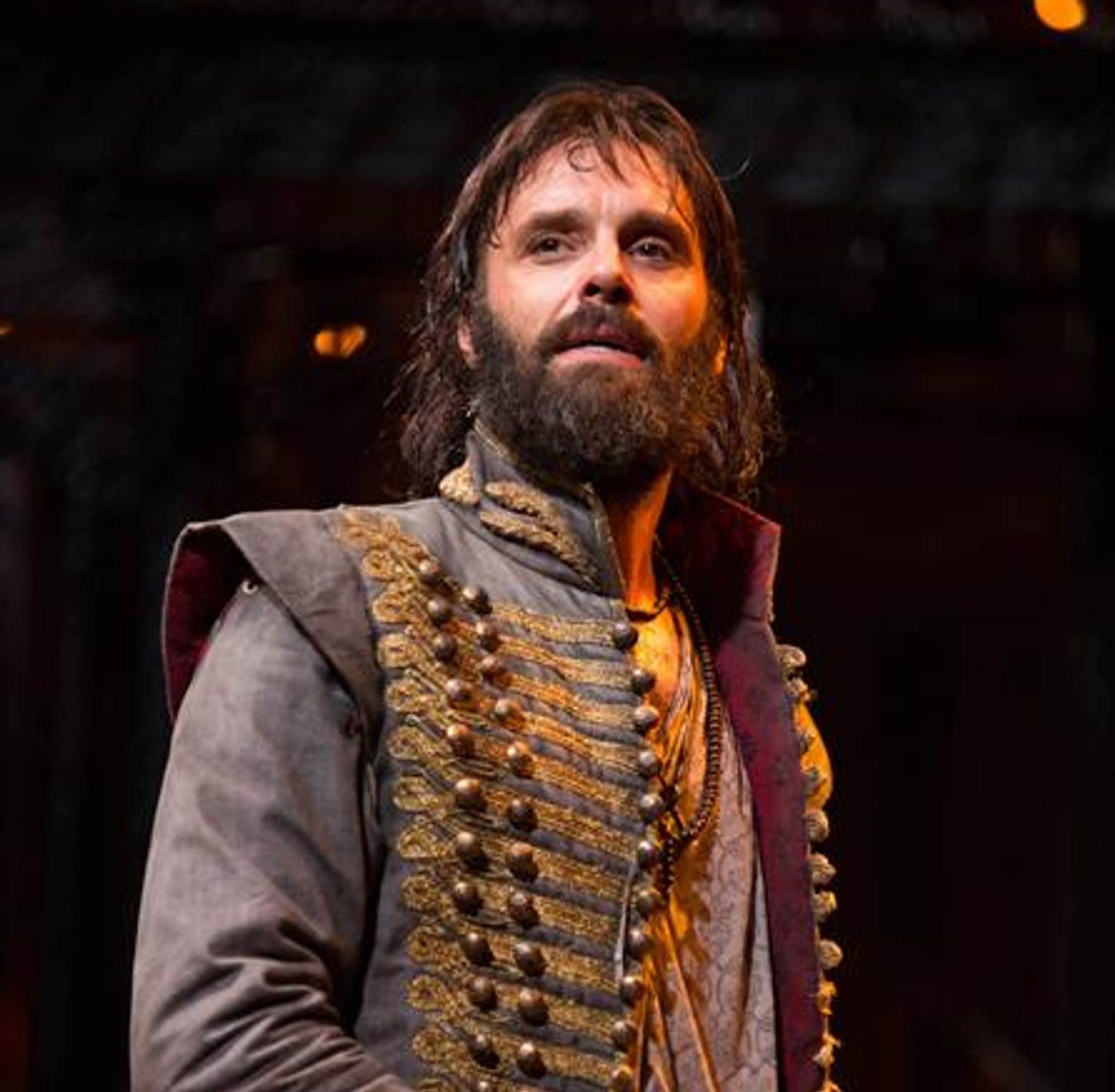
Key Moments in the Play
- Arrival in Naples (Act 1, Scene 2): Willmore's arrival in Naples sets the tone for his character as he immediately engages in witty banter and expresses his longing for female companionship.
"Love and Mirth are my Business in Naples" - Willmore's introduction establishes his carefree and pleasure-seeking nature.
- I****nteraction with Angelica (Act 2, Scene 2): Willmore attempts to seduce Angelica, a courtesan, challenging her pride and the commodification of love.
"I have made a Vow to see the Picture of no more famous Whores whilst I remain in Naples" - This quote highlights Willmore's boldness and disregard for societal norms.
- Duel with Antonio (Act 3, Scene 1): Disguised as Antonio, Willmore fights a duel, demonstrating his readiness to engage in conflict for love or honour.
"I will engage you to my Honour" - Willmore's willingness to duel for what he desires underscores his impulsive and reckless nature.
Key Themes
- Inconstancy and Lust: Willmore's actions throughout the play exemplify the theme of inconstancy, as he frequently shifts his affections and pursuits, driven by lust rather than genuine love.
- Freedom and Rebellion: His character embodies the spirit of rebellion against societal expectations, particularly in his pursuit of pleasure and disregard for conventional morality.
Key Quotes
"I have made a Vow to see the Picture of no more famous Whores whilst I remain in Naples" (Act 2, Scene 2)
- Willmore's disdain for societal norms is evident as he challenges Angelica's status and the concept of love for sale.
- This quote illustrates his rebellious nature and his critique of commodified love.
"Love and Mirth are my Business in Naples" (Act 1, Scene 2)
- Willmore's carefree attitude towards life and his pursuit of pleasure are highlighted in this statement.
- This quote encapsulates his hedonistic philosophy and sets the stage for his actions throughout the play.
"I will engage you to my Honour" (Act 3, Scene 1)
- Willmore's readiness to duel for his desires showcases his impulsive and reckless nature.
- This quote reflects his cavalier attitude and the theme of honour intertwined with personal desire.
Hellena
Overview
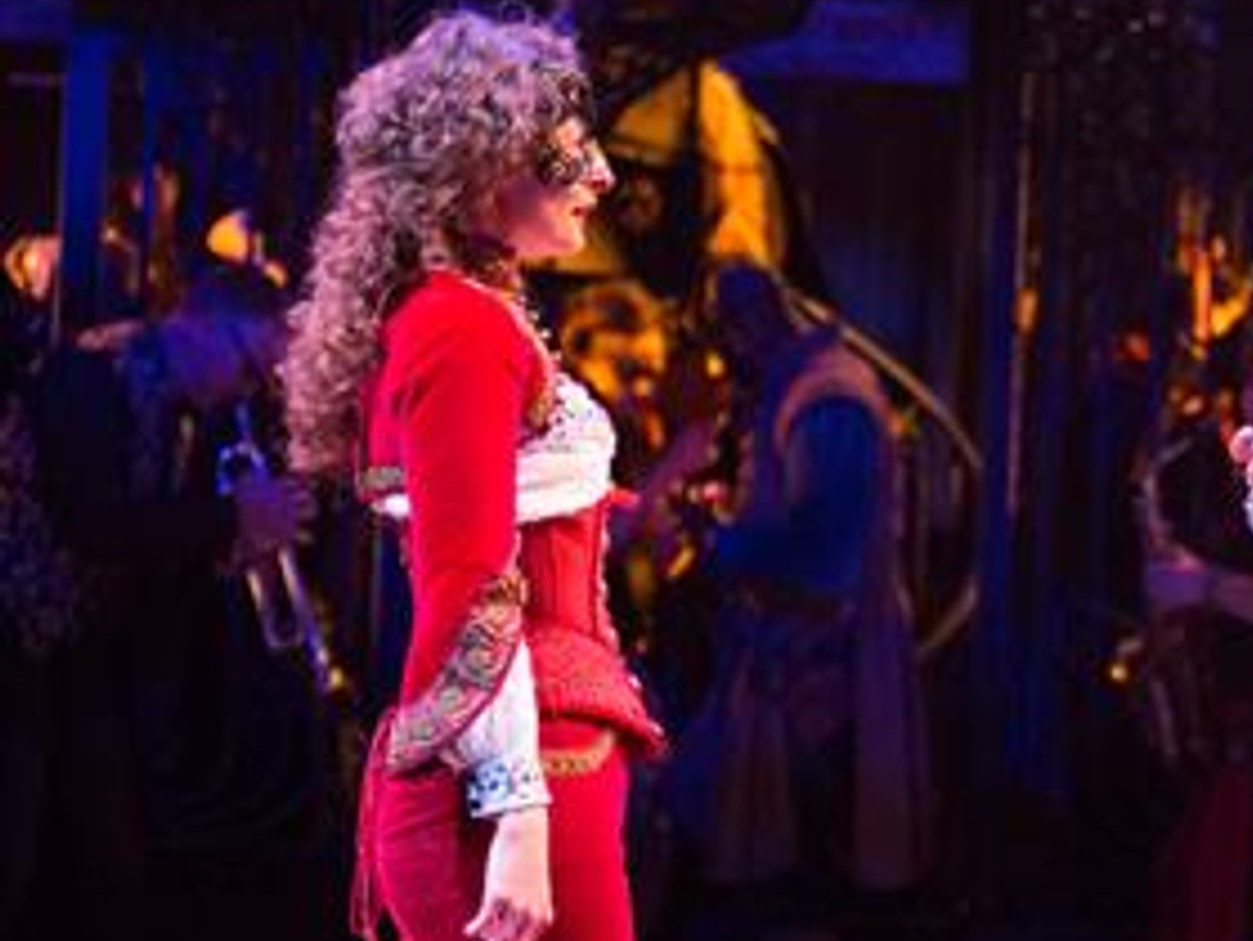
Hellena, one of the main characters in "The Rover," is a bold and witty young woman who defies societal expectations. Destined for a nunnery by her family, she rebels against this fate, seeking love and adventure instead. Her sharp intellect and playful nature make her a dynamic and engaging character.
Key Moments in the Play
- D****efiance of Nunnery (Act 1, Scene 1): Hellena declares her intention to experience life and love, rejecting the nunnery.
"I'll have a Saint of my own to pray to shortly, if I like any that has so much charity to give me his heart" - Hellena's determination to pursue her desires is clear from the start.
- Encounter with Willmore (Act 1, Scene 2): Hellena meets Willmore and engages in flirtatious banter, showcasing her wit and boldness.
"I'll see you hanged before I'll follow you" - Her playful resistance to Willmore's advances highlights her independent spirit.
- Proposal of Marriage (Act 5, Scene 1): Hellena proposes marriage to Willmore, asserting her control over her destiny.
"If we must marry, let us be like fellow adventurers, not slaves" - This quote reflects Hellena's desire for an equal and adventurous partnership.
Key Themes
- Rebellion and Independence: Hellena's character embodies the theme of rebellion against societal constraints and the pursuit of personal freedom.
- Love and Wit: Her interactions with Willmore emphasize the theme of love as a game of wit and intellect, rather than mere physical attraction.
Key Quotes
"I'll have a Saint of my own to pray to shortly if I like any that has so much charity to give me his heart" (Act 1, Scene 1)
- Hellena's determination to pursue her desires and reject the nunnery is evident in this statement.
- This quote highlights her rebellious nature and her desire for genuine love and partnership.
"I'll see you hanged before I'll follow you" (Act 1, Scene 2)
- Her playful resistance to Willmore's advances showcases her wit and independent spirit.
- This quote illustrates her unwillingness to be easily won over and her desire for a relationship based on mutual respect.
"If we must marry, let us be like fellow adventurers, not slaves" (Act 5, Scene 1)
- Hellena's proposal reflects her desire for an equal and adventurous partnership, rejecting traditional notions of marriage.
- This quote underscores the theme of love as a partnership of equals, rather than a hierarchical relationship.
Angelica
Overview
Angelica, a courtesan in "The Rover," represents the complexity of love and commerce. Initially portrayed as a powerful and independent woman who uses her beauty to command high prices, her character undergoes a significant transformation as she falls in love with Willmore, revealing vulnerability and a capacity for deep emotional pain.
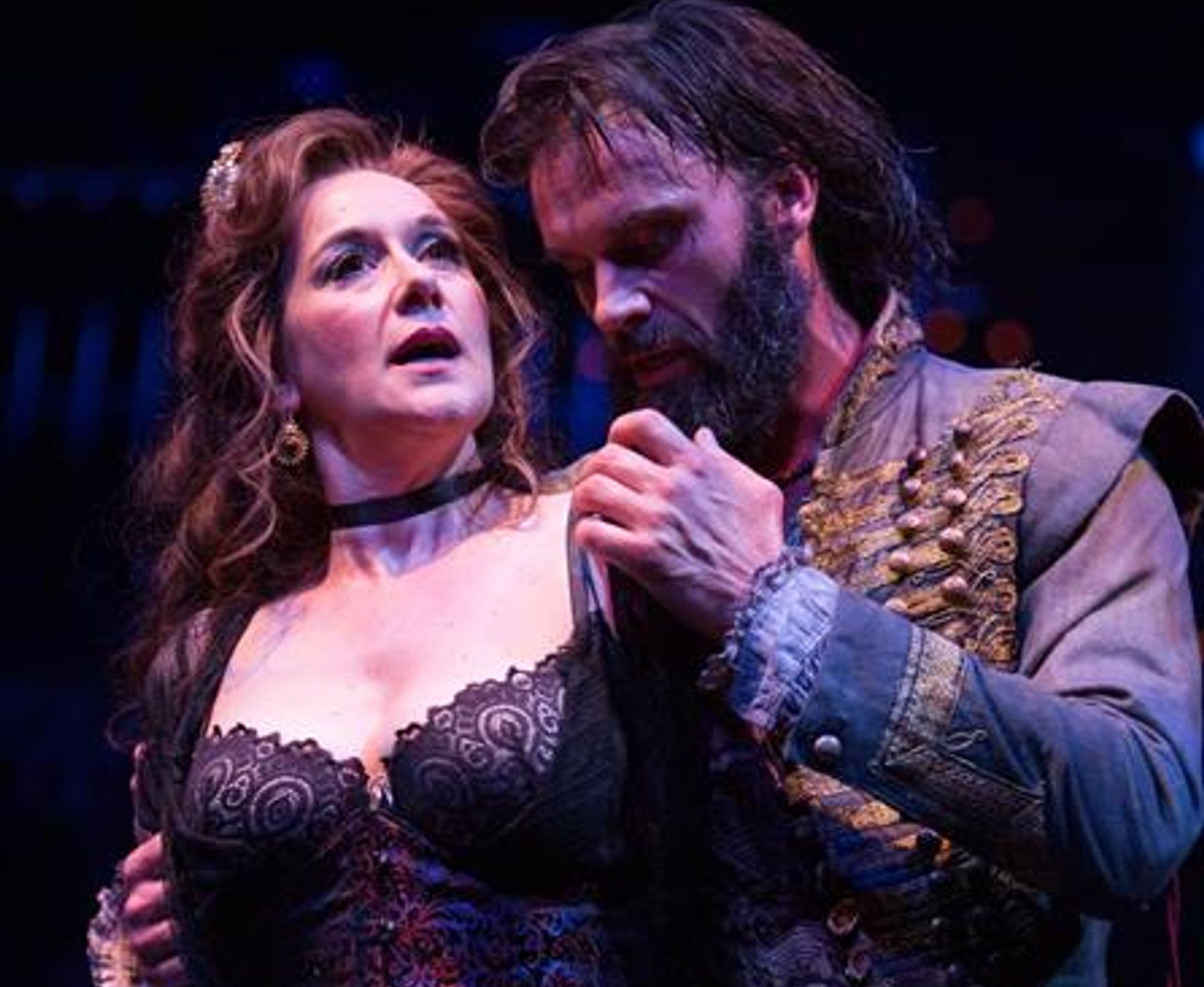
Key Moments in the Play
- Introduction (Act 2, Scene 1): Angelica's portraits are displayed with a price, symbolizing her commodification.
"Love is not in our power, nor what we will; but when we find it, must be understood" - This quote reflects her understanding of love as an uncontrollable force.
- Falling for Willmore (Act 2, Scene 2): Angelica's interaction with Willmore leads her to fall in love, challenging her initial cynicism about love.
"I am not pleased with that cheap, easy conquest of a heart" - Angelica reveals her desire for genuine affection, rather than transactional love.
- Betrayal and Revenge (Act 5, Scene 1): After being betrayed by Willmore, Angelica seeks revenge, highlighting her emotional turmoil.
"Faithless man! I could rail now, but my business is to kill" - This quote captures her shift from love to vengeance.
Key Themes
- Love and Commerce: Angelica's character explores the intersection of love and commerce, highlighting the commodification of relationships.
- Betrayal and Revenge: Her transition from love to vengeance underscores the themes of betrayal and the emotional consequences of unfaithfulness.
Key Quotes
"Love is not in our power, nor what we will; but when we find it, must be understood" (Act 2, Scene 1)
- Angelica's initial understanding of love as uncontrollable sets the stage for her emotional journey.
- This quote reflects her acknowledgement of love's unpredictable nature and foreshadows her vulnerability.
"I am not pleased with that cheap, easy conquest of a heart" (Act 2, Scene 2)
- Angelica's desire for genuine affection is evident as she rejects transactional love.
- This quote illustrates her longing for a deeper, more meaningful connection, challenging her initial cynicism.
"Faithless man! I could rail now, but my business is to kill" (Act 5, Scene 1)
- Her shift from love to vengeance is captured in this statement, highlighting her emotional turmoil.
- This quote underscores the theme of betrayal and the intensity of her feelings towards Willmore's infidelity.
Florinda
Overview
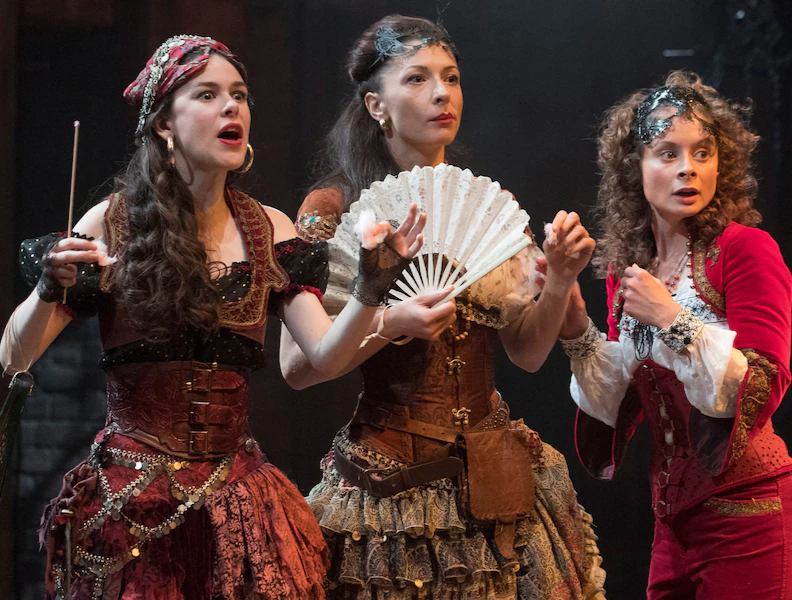
Florinda is a noblewoman whose romantic ideals and desire for true love are central to her character. She is caught between the societal expectations of her class and her desires, making her a sympathetic and compelling figure. Her relationship with Belvile highlights the themes of love, honour, and duty.
Key Moments in the Play
- Initial Defiance (Act 1, Scene 1): Florinda rejects the suitor chosen by her father, asserting her desire to marry for love.
"I shall let him see I understand better what's due to my beauty, birth, and fortune, and more to my soul" - Florinda's defiance of her father's wishes is evident in this declaration.
- Rescue by Belvile (Act 3, Scene 1): Belvile saves Florinda from an attempted assault, solidifying their bond.
"Thou hast a heart tender and nobly honest" - Florinda's admiration for Belvile's honour and bravery is clear in this moment.
- Final Reunion (Act 5, Scene 1): Florinda and Belvile's reunion and eventual marriage symbolize the triumph of true love over societal constraints.
"I have no defense against Antonio's claim" - Florinda's acknowledgment of the obstacles they face highlights the challenges of their love.
Key Themes
- Love and Honour: Florinda's character explores the themes of love and honour, as she seeks a relationship based on mutual respect and genuine affection.
- Duty and Defiance: Her defiance of societal and familial expectations underscores the tension between personal desires and societal duties.
Key Quotes
"I shall let him see I understand better what's due to my beauty, birth, and fortune, and more to my soul" (Act 1, Scene 1)
- Florinda's assertion of her right to choose her suitor reflects her strong sense of self-worth.
- This quote highlights her defiance of societal expectations and her desire for genuine love.
"Thou hast a heart tender and nobly honest" (Act 3, Scene 1)
- Her admiration for Belvile's honour and bravery underscores the depth of her affection for him.
- This quote illustrates the themes of love and honour central to her character.
"I have no defense against Antonio's claim" (Act 5, Scene 1)
- Florinda's acknowledgement of the obstacles to her love with Belvile highlights the challenges they face.
- This quote underscores the tension between personal desires and societal constraints.
Bellville
Overview
Belvile is a noble Englishman exiled in Naples, whose love for Florinda drives much of his actions in "The Rover." Honourable and brave, Belvile represents the ideal Restoration hero, torn between duty and desire, and his relationship with Florinda showcases themes of love, loyalty, and honour.
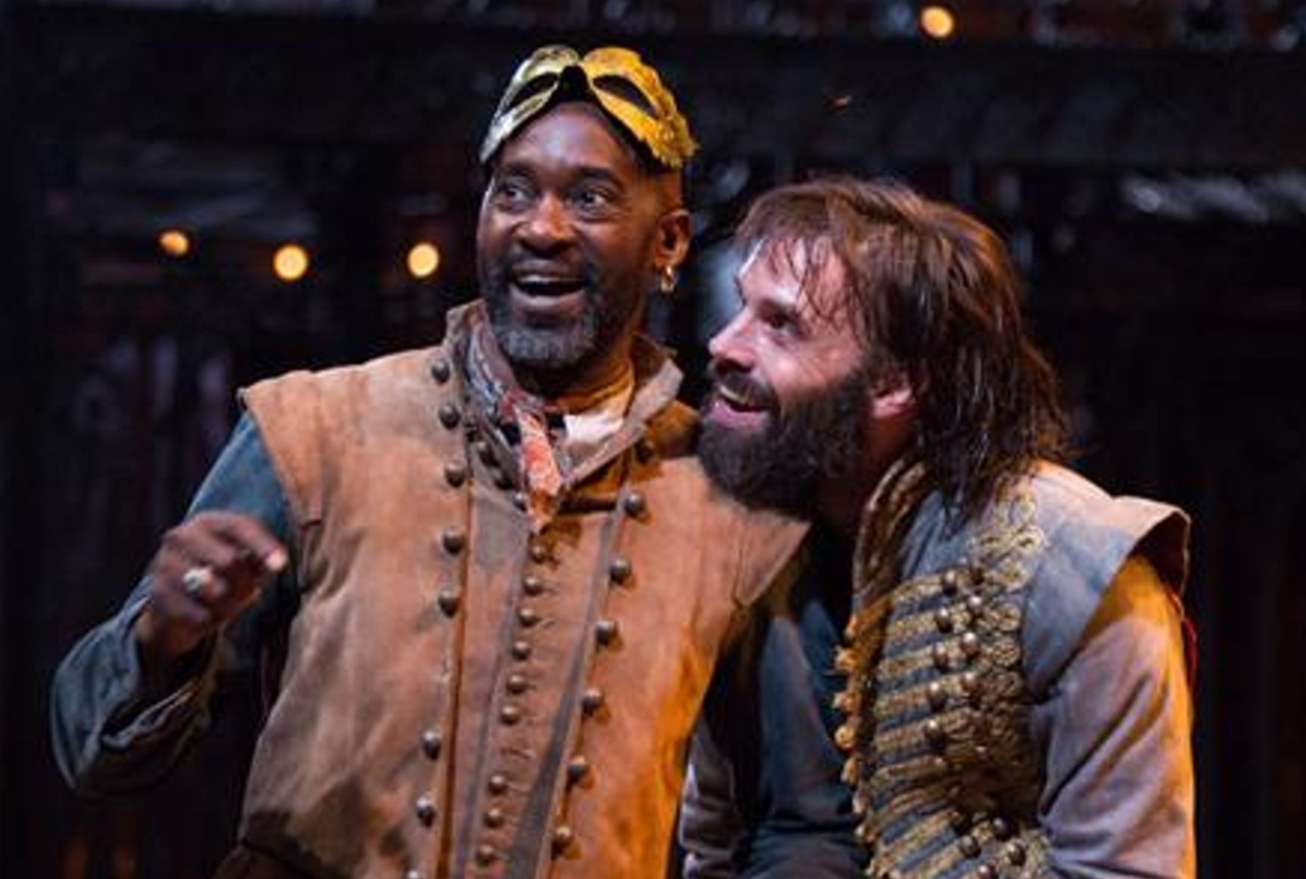
Key Moments in the Play
- Rescue of Florinda (Act 3, Scene 1): Belvile saves Florinda from an assault, demonstrating his bravery and honour.
"I'll protect thee, or die with thee" - Belvile's declaration of his willingness to die for Florinda highlights his devotion.
- Duel with Antonio (Act 4, Scene 2): Disguised as Antonio, Belvile duels with Don Pedro, illustrating his commitment to Florinda.
"I'll fight for Florinda's honor" - His willingness to fight for Florinda's honor underscores his loyalty and bravery.
- Reunion with Florinda (Act 5, Scene 1): Belvile and Florinda's reunion and eventual marriage symbolize the triumph of true love.
"Let me adore thee forever" - This quote captures Belvile's deep love and devotion to Florinda.
Key Themes
- Honour and Loyalty: Belvile's actions throughout the play underscore the themes of honour and loyalty, particularly in his relationship with Florinda.
- Love and Sacrifice: His willingness to sacrifice his safety and well-being for Florinda highlights the theme of love as a driving force for his character.
Key Quotes
"I'll protect thee, or die with thee" (Act 3, Scene 1)
- Belvile's declaration of his willingness to die for Florinda underscores his devotion and bravery.
- This quote highlights the themes of honour and loyalty central to his character.
"I'll fight for Florinda's honour" (Act 4, Scene 2)
- His willingness to duel for Florinda's honour illustrates his commitment and bravery.
- This quote underscores the theme of honour and the lengths Belvile will go to protect his love.
"Let me adore thee forever" (Act 5, Scene 1)
- Belvile's expression of his deep love for Florinda captures his devotion and the theme of love as a powerful force.
- This quote emphasizes the culmination of their relationship and the triumph of true love.
Don Pedro
Overview
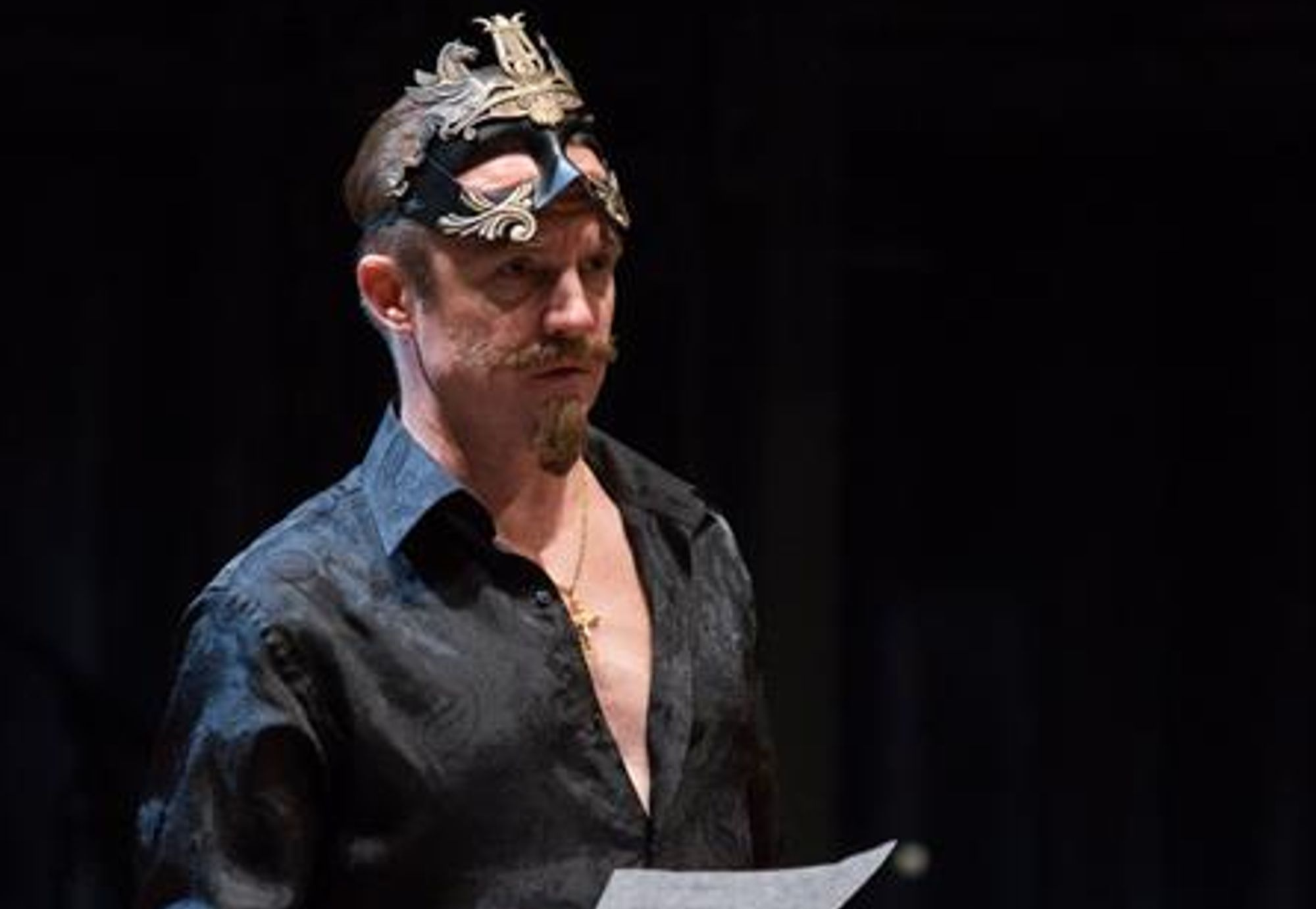
Don Pedro is Florinda and Hellena's overprotective brother, whose desire to control their futures highlights the themes of power, control, and honour. His character represents the patriarchal authority of the time, often clashing with the desires of his sisters.
Key Moments in the Play
- Insistence on Florinda's Marriage (Act 1, Scene 1): Don Pedro insists that Florinda marry the wealthy Don Antonio, reflecting his concern for family honour and social standing.
"I'll have no more delays" - Don Pedro's authoritarian stance is evident in this declaration.
- Duel with Belvile (Act 4, Scene 2): Don Pedro duels with Belvile, believing him to be Antonio, over Florinda's honour.
"Draw and defend yourself, for I have vowed your death" - This quote underscores Don Pedro's commitment to preserving family honour through violence.
- Final Confrontation (Act 5, Scene 1): Don Pedro's confrontation with his sisters and their suitors reveals his struggle between familial duty and personal desires.
"You must not think you shall possess her" - His refusal to accept Florinda's choice highlights the conflict between patriarchal authority and individual freedom.
Key Themes
- Power and Control: Don Pedro's actions throughout the play exemplify the themes of power and control, particularly in his attempts to dictate his sisters' futures.
- Honour and Family: His concern for family honour drives much of his behaviour, often leading to conflicts with his sisters' desires.
Key Quotes
"I'll have no more delays" (Act 1, Scene 1)
- Don Pedro's insistence on Florinda's immediate marriage reflects his authoritarian nature.
- This quote underscores his desire to control his sister's future and maintain family honour.
"Draw and defend yourself, for I have vowed your death" (Act 4, Scene 2)
- His willingness to duel to preserve family honour illustrates his commitment to traditional values and authority.
- This quote highlights the theme of honour and the lengths Don Pedro will go to protect it.
"You must not think you shall possess her" (Act 5, Scene 1)
- Don Pedro's refusal to accept Florinda's choice reveals the conflict between patriarchal authority and individual freedom.
- This quote emphasizes the theme of control and the struggle for autonomy within the family dynamic.
Frederick
Overview
Frederick is a friend of Belvile and Willmore, serving as a mediator and voice of reason among the cavaliers. His character provides a contrast to the more impulsive and reckless actions of his companions, highlighting themes of friendship, loyalty, and moderation.
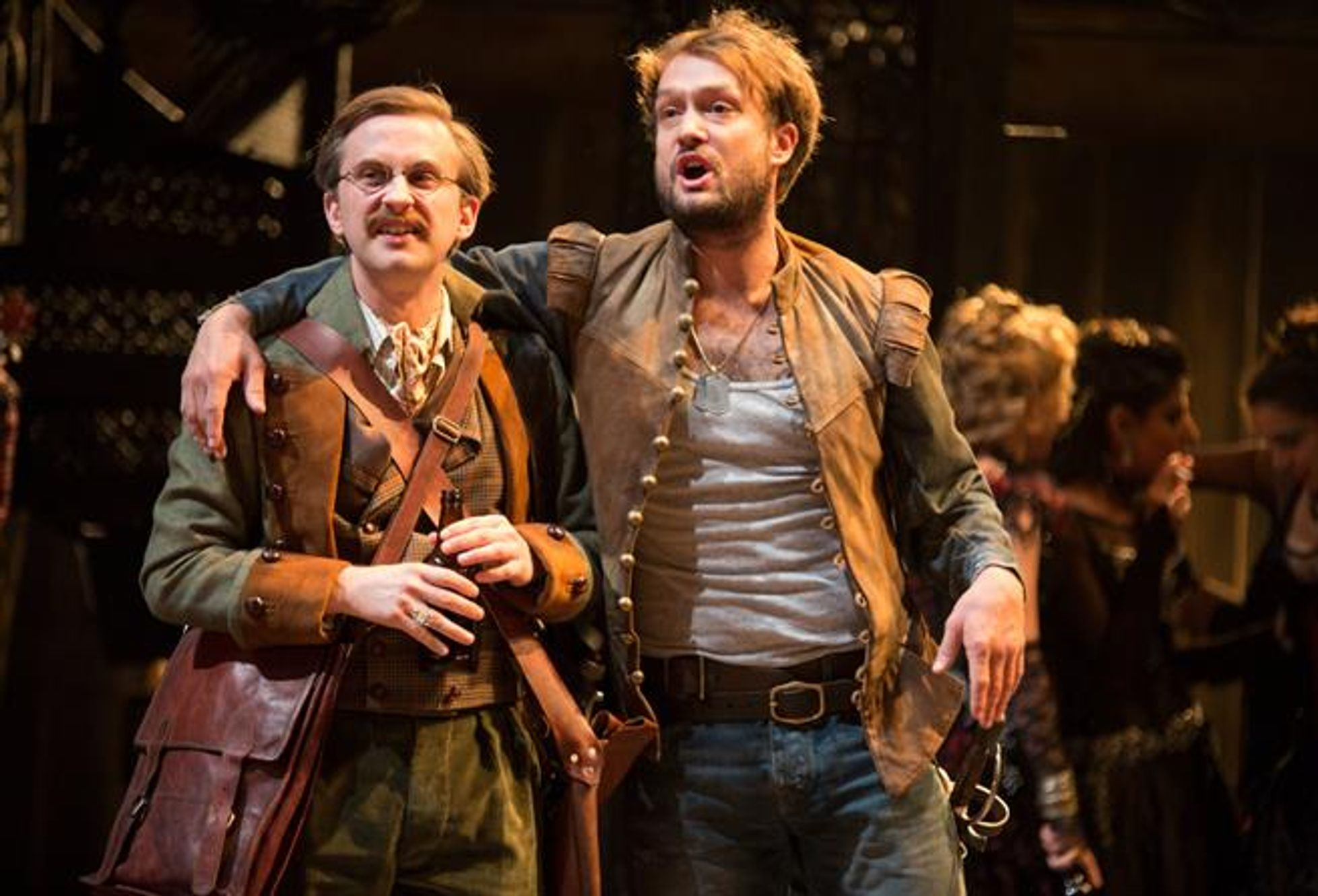
Key Moments in the Play
- Mediation in Conflicts (Act 3, Scene 1): Frederick often steps in to mediate conflicts between his friends, showcasing his role as the peacemaker.
"Let's have no quarrels" - This quote reflects Frederick's desire to maintain harmony among the group.
- Support for Belvile (Act 4, Scene 2): Frederick supports Belvile in his pursuit of Florinda, demonstrating his loyalty and friendship.
"I'll stand by thee, friend" - His willingness to support Belvile underscores his loyalty.
- Rescue of Florinda (Act 5, Scene 1): Frederick aids in rescuing Florinda from potential harm, highlighting his protective nature.
"Fear not, we'll protect thee" - This quote illustrates Frederick's protective instincts and sense of honour.
Key Themes
- Friendship and Loyalty: Frederick's actions throughout the play highlight the themes of friendship and loyalty, as he supports and mediates for his companions.
- Moderation and Reason: His role as the voice of reason among the cavaliers underscores the importance of moderation and rationality in the face of impulsive behaviour.
Key Quotes
"Let's have no quarrels" (Act 3, Scene 1
- Frederick's desire to maintain harmony reflects his role as the peacemaker among his friends.
- This quote highlights the theme of friendship and the importance of maintaining unity within the group.
"I'll stand by thee, friend" (Act 4, Scene 2)
- His willingness to support Belvile underscores his loyalty and commitment to his friends.
- This quote emphasizes the theme of loyalty and the strong bonds of friendship.
Ned Blunt
Overview
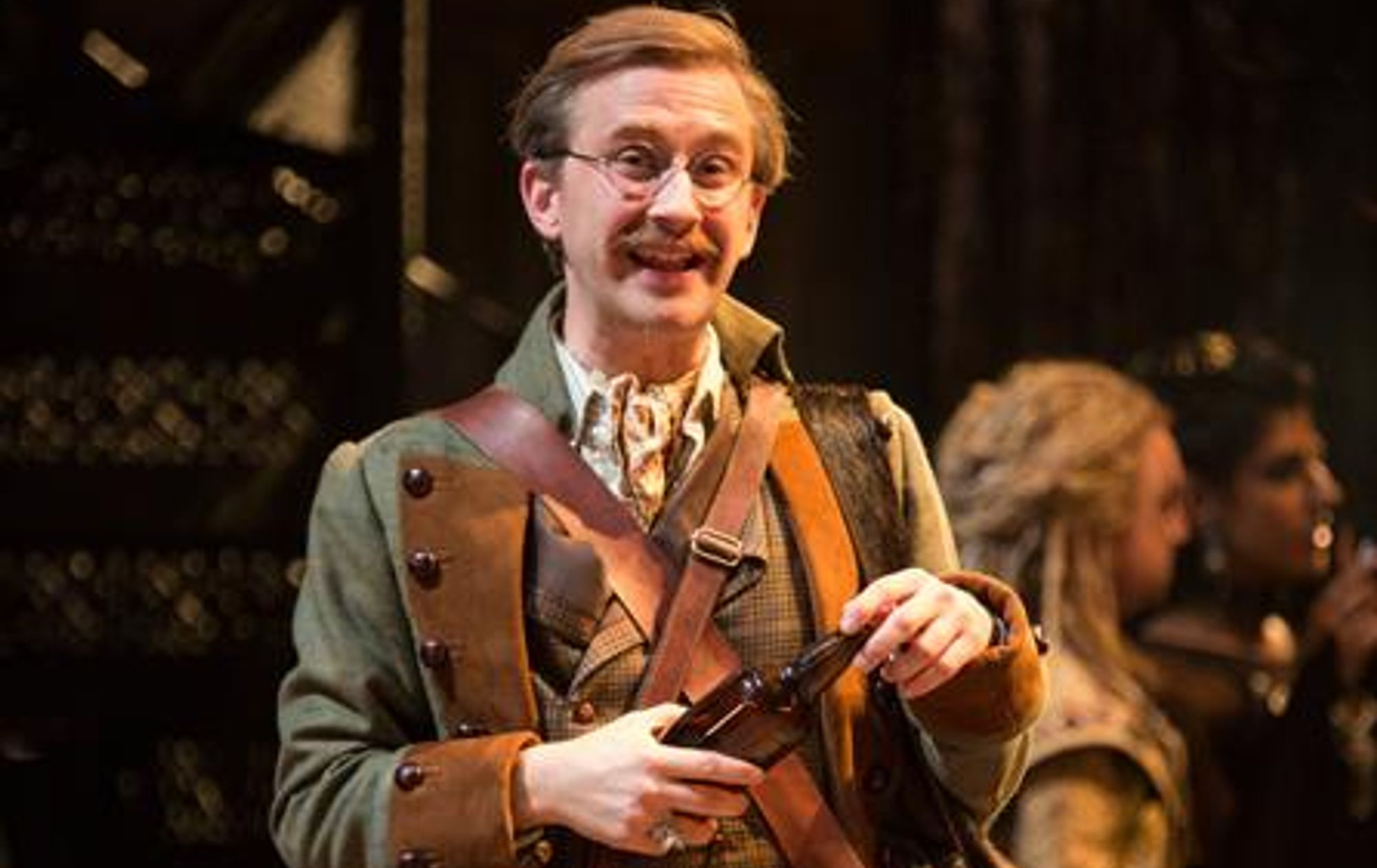
Ned Blunt is an English gentleman and friend of Belvile and Willmore, who often serves as comic relief. His gullibility and naivety contrast sharply with the cunning and wit of the other cavaliers, making him a target for deception and ridicule.
Key Moments in the Play
- Deception by Lucetta (Act 3, Scene 1): Blunt is deceived by Lucetta, who robs him of his money and clothes, leaving him humiliated.
"Oh, I am cheated and undone!" - This quote captures Blunt's realization of his gullibility and the consequences of his naivety.
- Attempted Revenge on Florinda (Act 4, Scene 3): Enraged by Lucetta's betrayal, Blunt attempts to take revenge on Florinda, mistaking her for a prostitute.
"I'll be revenged on one Whore for the sins of another" - This quote reveals Blunt's misguided and violent intentions.
- Reconciliation with Friends (Act 5, Scene 1): Blunt's friends rescue Florinda from his clutches, and he is forced to reconcile with his foolishness.
"I am ashamed of my actions" - This quote shows Blunt's acknowledgment of his errors and the consequences of his actions.
Key Themes
- Gullibility and Deception: Blunt's character highlights the theme of gullibility and the ease with which individuals can be deceived.
- Violence and Revenge: His attempt to take revenge on Florinda underscores the destructive nature of misguided anger and violence.
Key Quotes
"Oh, I am cheated and undone!" (Act 3, Scene 1)
- Blunt's realization of his gullibility highlights his naivety and the ease with which he is deceived.
- This quote captures the theme of deception and the consequences of trusting too easily.
"I'll be revenged on one Whore for the sins of another" (Act 4, Scene 3)
- Blunt's misguided and violent intentions reveal the destructive nature of his anger and desire for revenge.
- This quote underscores the theme of violence and the dangers of misdirected wrath.
"I am ashamed of my actions" (Act 5, Scene 1)
- Blunt's acknowledgement of his errors and the consequences of his actions highlight his capacity for self-reflection and growth.
- This quote emphasizes the theme of reconciliation and the importance of recognizing one's mistakes.
Don Antonio
Overview
Don Antonio is a wealthy Spanish nobleman and a rival suitor for both Florinda and Angelica. His character embodies the themes of jealousy, rivalry, and the complexities of love and honour.
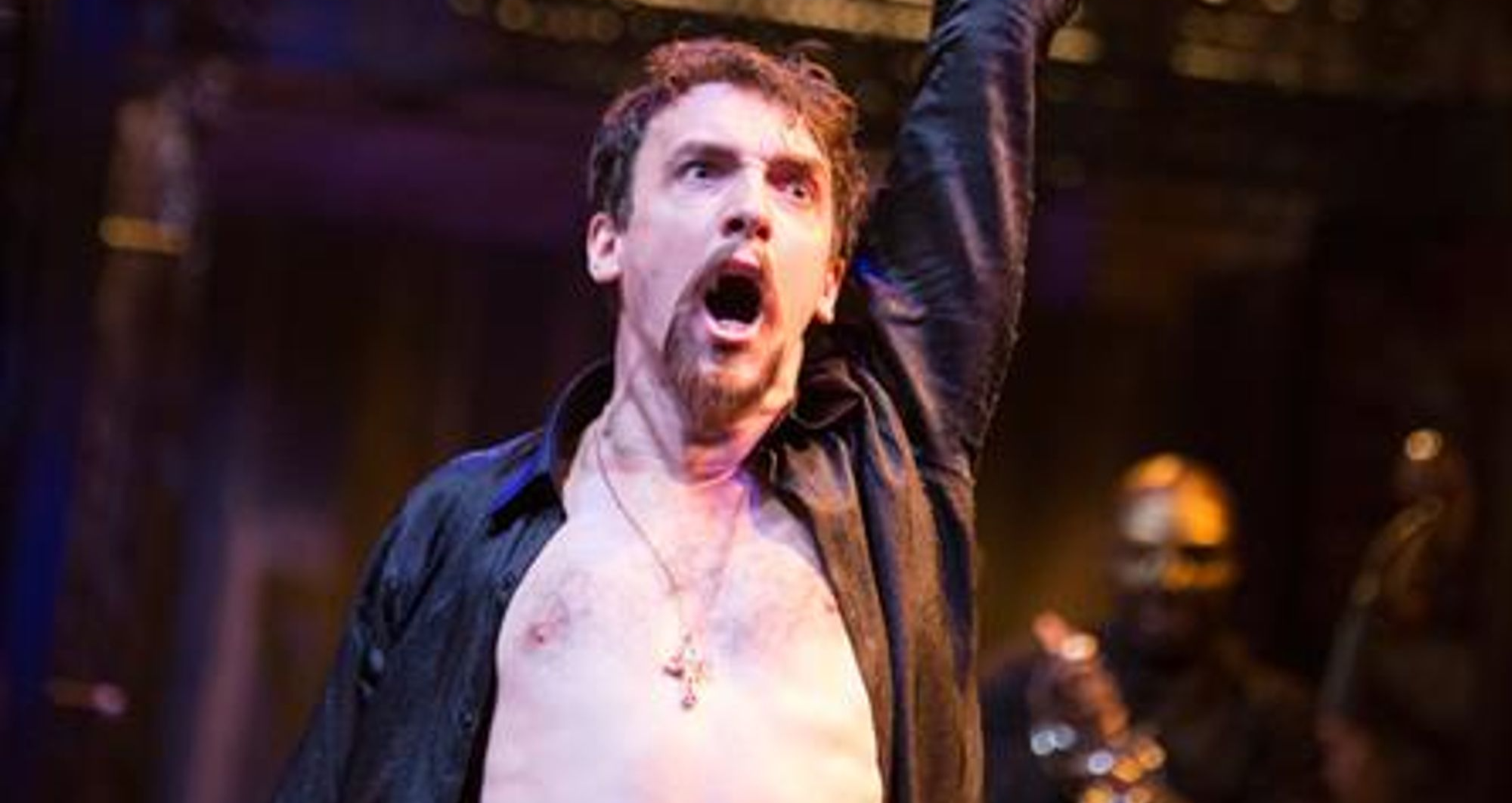
Key Moments in the Play
- Duel with Pedro (Act 2, Scene 1): Antonio duels with Don Pedro over Angelica, showcasing his passionate and competitive nature.
"I'll not be outdone in love or honour" - This quote captures Antonio's determination to win both love and honour through combat.
- Mistaken Identity (Act 3, Scene 1): Antonio's mistaken identity leads to a series of misunderstandings and conflicts, particularly with Belvile.
"I thought you my friend" - This quote highlights the confusion and rivalry that arise from mistaken identity.
- Resolution and Acceptance (Act 5, Scene 1): Antonio eventually accepts the outcome of the romantic entanglements, showing a sense of resignation and understanding.
"Let fate decide our paths" - This quote reflects Antonio's acceptance of the uncontrollable nature of love and destiny.
Key Themes
- Jealousy and Rivalry: Antonio's actions throughout the play are driven by jealousy and rivalry, particularly in matters of love and honour.
- Mistaken Identity: The theme of mistaken identity plays a significant role in Antonio's character arc, leading to conflicts and misunderstandings.
Key Quotes
"I'll not be outdone in love or honour" (Act 2, Scene 1)
- Antonio's determination to win both love and honour highlights his passionate and competitive nature.
- This quote captures the themes of jealousy and rivalry central to his character.
"I thought you my friend" (Act 3, Scene 1)
- The confusion and rivalry that arise from mistaken identity are evident in Antonio's interactions with Belvile.
- This quote underscores the theme of mistaken identity and the complications it brings.
"Let fate decide our paths" (Act 5, Scene 1)
- Antonio's acceptance of the uncontrollable nature of love and destiny reflects his growth and understanding.
- This quote emphasizes the theme of resignation and the acceptance of fate.
500K+ Students Use These Powerful Tools to Master Character Analysis For their A-Level Exams.
Enhance your understanding with flashcards, quizzes, and exams—designed to help you grasp key concepts, reinforce learning, and master any topic with confidence!
60 flashcards
Flashcards on Character Analysis
Revise key concepts with interactive flashcards.
Try English Literature Flashcards6 quizzes
Quizzes on Character Analysis
Test your knowledge with fun and engaging quizzes.
Try English Literature Quizzes29 questions
Exam questions on Character Analysis
Boost your confidence with real exam questions.
Try English Literature Questions27 exams created
Exam Builder on Character Analysis
Create custom exams across topics for better practice!
Try English Literature exam builder21 papers
Past Papers on Character Analysis
Practice past papers to reinforce exam experience.
Try English Literature Past PapersOther Revision Notes related to Character Analysis you should explore
Discover More Revision Notes Related to Character Analysis to Deepen Your Understanding and Improve Your Mastery
